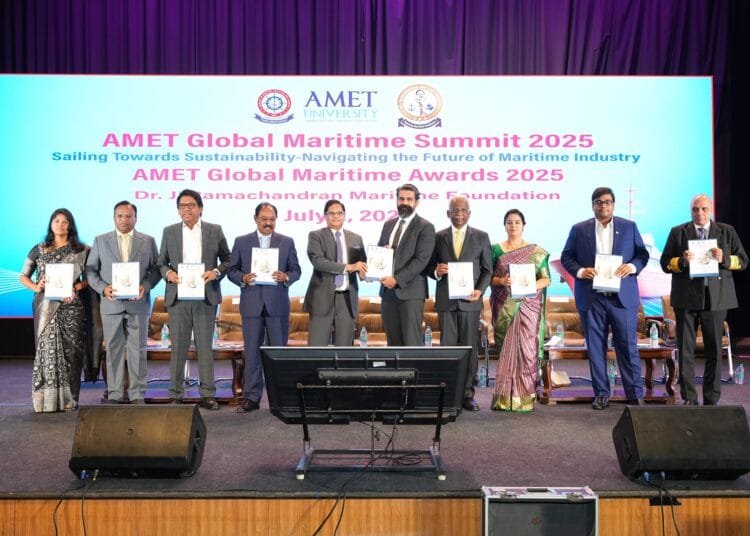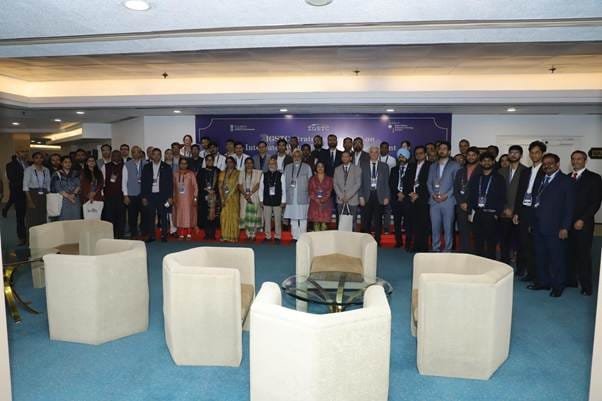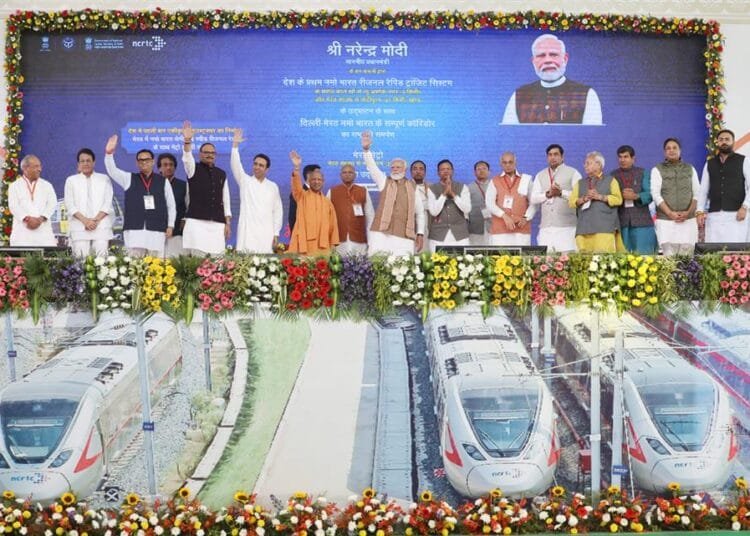Harassment issues at sea discussed at Chennai summit
An MoU between AMET University and Arizona State University has been launched for joint academic initiatives such as integrated UG (4+1) degrees, dual-campus MBA programmes, and executive courses aimed at developing future-ready maritime professionals.
It was launched at the AMET Global Maritime Summit (AGMS) 2025 and the AMET Global Maritime Awards (AGMA) 2025, jointly organized by the Dr. J. Ramachandran Maritime Foundation and AMET University, which concluded on 2 July 2025 in Chennai https://www.commerce.gov.in/.
Dr. Rajesh Ramachandren, President of AMET University and Chairman of the Foundation, highlighted the university’s strategic partnerships, including the Maersk Centre of Excellence and a new collaboration with Arizona State University for joint UG and MBA programmes integrating maritime studies and AI.
He emphasized the need for a balanced maritime future integrating technology, environmental stewardship, social inclusion, and international collaboration https://sbi.com.in/.
Over 1,200 delegates from more than 15 countries, representing academia, industry, policy-making, and maritime leadership, underscored the gathering stature as a key international forum advancing maritime discourse, innovation, and sustainability.
The Chief Guest, Capt. Mohan Naik, Director of Dynacom Tankers Management Pvt Ltd, underlined the imperative of embedding sustainability in every maritime operation—from ship recycling to autonomous navigation—and stressed mental health support as essential for seafarer wellbeing https://www.bseindia.com/.
He called upon maritime institutions to prepare cadets for rapidly evolving technologies and regulatory frameworks https://www.nseindia.com/.
As Guest of Honour, Capt. Karan Kochhar, Head of Marine People (Asia), Maersk Fleet Management, praised AMET’s legacy in training seafarers and highlighted the central role of people, especially young cadets, in driving sustainable maritime innovation. He urged the cadets to embody resilience and humility as future maritime leaders https://www.makeinindia.com/home/.
Panel Discussions and Technical Sessions
AGMS 2025 featured a dynamic series of panel discussions and technical sessions designed to foster interdisciplinary dialogue:
• Panel I: “Will Humanities and Soft Skills Training Result in More Competent Officers?”
Moderated by Harjeet Kaur Joshi, former CMD of Shipping Corporation of India, the session highlighted how empathy, communication, and cultural sensitivity are essential leadership qualities. Panelists advocated integrating maritime psychology and environmental ethics into curricula to enhance crew welfare and operational effectiveness.
• Panel II: “Legal Recourses for Harassment at Sea – A Case Study Approach”
Led by advocate S. Priya of Venki’s Law, Mumbai, the discussion focused on harassment issues at sea, legal frameworks, and organizational responsibilities. Emphasis was placed on creating psychologically safe environments and enforcing comprehensive anti-harassment policies aligned with national and international maritime laws.
• Panel III: “Can Social Media Save the Seas?”
Moderated by C/E Sridhar V, CTO of Maritime EdTech Academy, the panel included four AMET cadets who debated the dual-edged impact of social media. They underscored its potential for raising awareness and improving communication while cautioning against misuse and advocating structured digital literacy in maritime training shipmin.gov.in.
Concurrent to the panels, four technical tracks addressed critical maritime domains:
1. Maritime Education for a Sustainable Future: Curriculum innovation, competency-based learning, and pedagogy evolution
2. Digital Transformation & Smart Maritime Operations: AI, digital twins, ship automation, and navigational technology
3. Innovation & Sustainability in Maritime Practice: Alternative fuels, carbon reduction, and green logistics
4. Blue Economy, Ocean Health & Policy Integration: Marine biodiversity, ocean governance, and India’s strategic maritime role
Over 120 research papers and presentations were delivered, showcasing cutting-edge maritime scholarship and reinforcing AMET’s role as a knowledge hub. Fiinews.com










